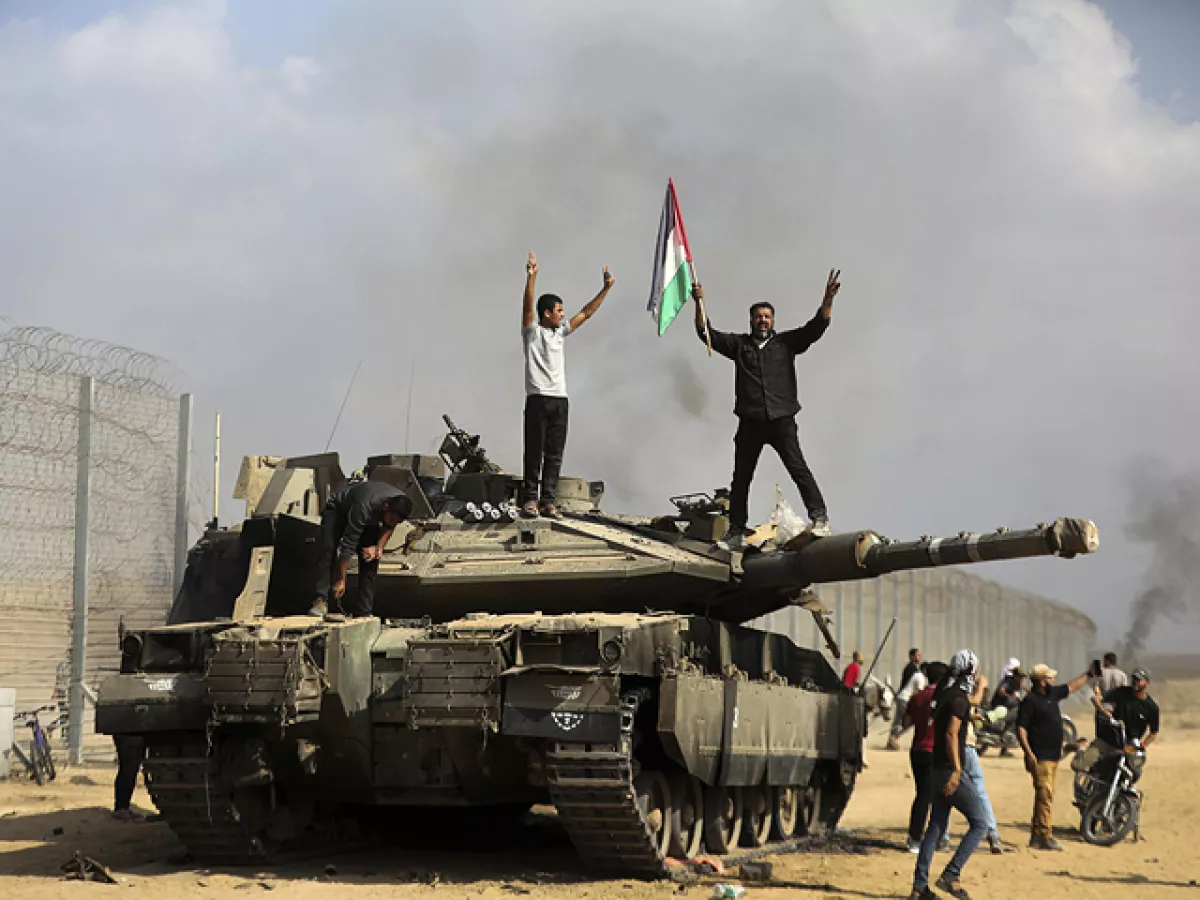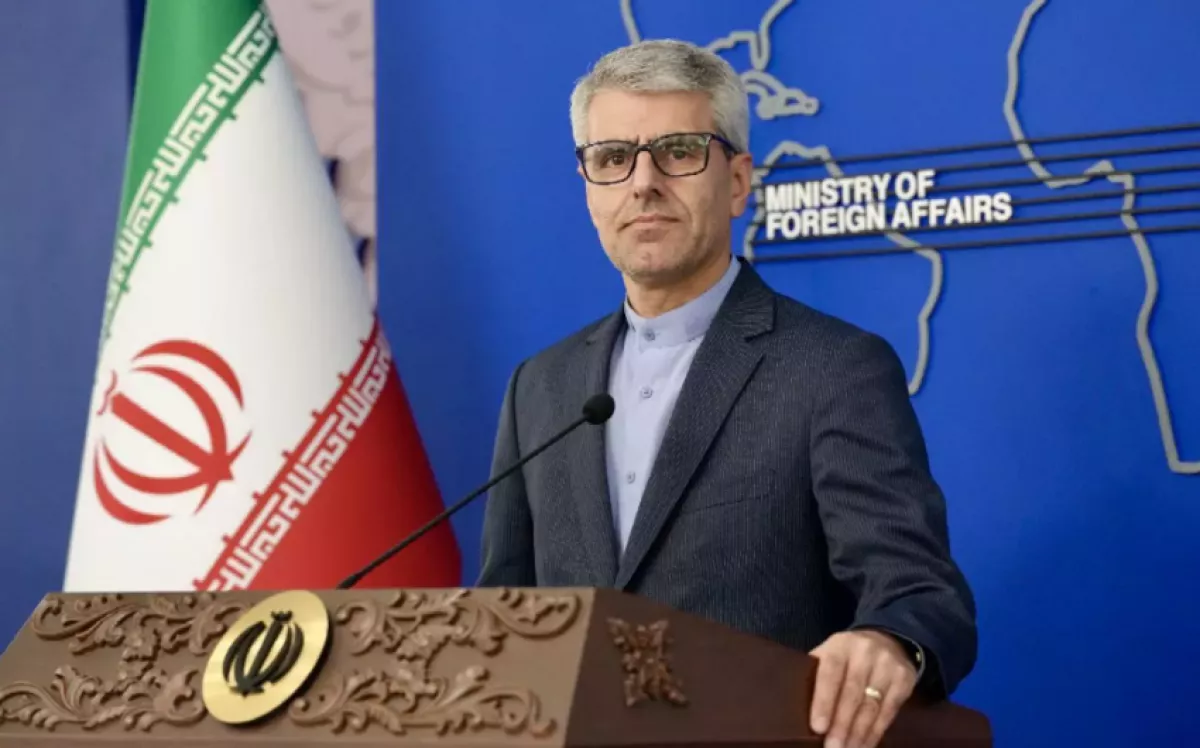Israel takes out Hezbollah's intel chief in Syria while Hamas turns down ceasefire
The Israeli army has successfully conducted an operation targeting Hezbollah's intelligence assets in Syria, resulting in the elimination of Mahmoud Mohammed Shaheen, the head of the group's intelligence unit.
According to a statement from the army's press service, this airstrike was aimed at the intelligence headquarters of Hezbollah located in Syria, which operates an independent network for intelligence collection, coordination, and evaluation, Caliber.Az reports.
The operation is part of Israel's ongoing efforts to disrupt Hezbollah's capabilities, particularly in light of recent escalations in the region.
Mahmoud Mohammed Shaheen has been a significant figure in Hezbollah's intelligence operations since he took over the Syrian branch of the group's headquarters in 2007. Over the years, he developed strong ties with the Syrian regime and Iranian officials, overseeing the deployment of intelligence and air defence systems in coordination with various elements of the Iranian axis.
The military noted that Shaheen's elimination marks a notable degradation of Hezbollah's intelligence capabilities, as he was considered an important figure in regional cooperation.

In a separate development, Hamas has rejected an Egyptian proposal for a brief ceasefire in Gaza. US Secretary of State Antony Blinken relayed this information, stating that Hamas declined to release even a limited number of hostages to facilitate a ceasefire and humanitarian assistance to the people of Gaza. Blinken also discussed the necessity of increasing humanitarian aid to Gaza during a conversation with Israeli Defense Minister Yoav Gallant.
In the wake of the October 7 attack, an investigation conducted by the Israeli army did not substantiate claims of traitors within the Israel Defense Forces (IDF) leaking details to Hamas. The findings of this investigation are set to be delivered to the Chief of General Staff and the Minister of Defense shortly.

Sources indicate that while there were significant lapses in information security, Hamas was able to gather intelligence on the IDF by hacking soldiers' mobile phones and analyzing unregulated social media posts. This breach allowed Hamas to identify vulnerabilities within the IDF for their subsequent attack.
In the Gaza Strip, at least six individuals, including newborns, sustained injuries following an Israeli strike on a hospital in Jabaliya refugee camp. The airstrikes targeted medical facilities, resulting in damage to the children’s ward, including equipment vital for the care of infants, such as incubators. The staff had to evacuate the ward amidst the chaos of the attack, highlighting the ongoing humanitarian crisis in the region.
Amidst these developments, Iranian officials have expressed concerns regarding the US deployment of six B-52H Stratofortress bombers to the Middle East, which they believe poses a destabilizing threat to the region.

Iranian Foreign Ministry spokesman Ismail Baghaei reiterated that the US presence in the region is viewed as a disruptive force. He emphasized that this military deployment would not deter Iran's determination to defend itself. Furthermore, Kamal Kharrazi, head of Iran's Strategic Council on Foreign Relations, recently stated that Tehran possesses the technical capabilities to produce nuclear weapons, underscoring the tensions surrounding Iran's nuclear ambitions.
The escalation of violence in the region intensified on October 7, 2023, when Hamas, a radical Islamist movement recognized as a terrorist organization by both the European Union and the United States, launched a major offensive against Israel. This assault involved extensive rocket attacks and a ground incursion, resulting in the deaths of approximately 1,200 Israeli civilians.
Hamas also took over 250 hostages into Gaza; while some have been released or exchanged, others have died, and 97 Israelis remain captive, with at least 30 confirmed deceased.
In response to the attack, Israel declared war on Hamas, leading to military operations in the Gaza Strip that, according to the Hamas-controlled Health Ministry, have resulted in over 42,000 Palestinian deaths.
By Tamilla Hasanova








